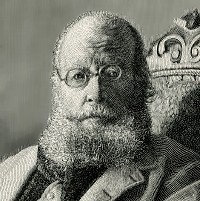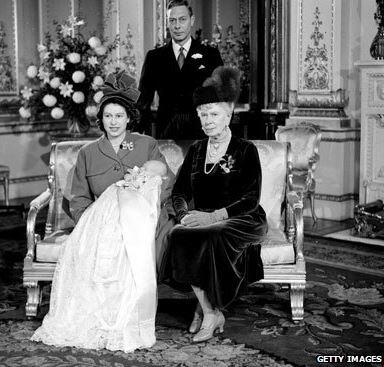
Lonely Planet is always spamming me with things - of course I could unsubscribe but I like being reminded of travel possibilities when I am supposed to be working. As Tony Hawks put it
'I travel a lot; I hate having my life disrupted by routine.'
I rarely open them as I consider Lonely Planet my sworn foe and the foe of civilisation (along with Al Qaeda, feminism and out of town shopping centres) but I did look at this list of the world's most beautiful buildings.
First the boast, which is what travel is now all about. Which ones have I seen? Four: the Aya Sofia, the Winter Palace; the Taj Mahal and Craque des Chevaliers.
I longed to see the Sagrada Familia from childhood but when I spent 24 hours in Barcelona my childhood training, looking round churches with my father on holiday, was too strong. I did not really have time for both and Barcelona Cathedral, being mediaeval, had to have priority I felt. A mistake, though Barcelona Cathedral is quite wonderful. Did I glimpse the Sagrada Familia from a bus or train? I think yes, for a moment.
I stayed three nights in a hotel a very short distance from the Winter Palace but never entered. A wise Russian woman (that makes her sound like a witch but she was nothing of the sort) whom I made friends with advised me that the Hermitage required an entire day and as I had only three in St Petersburg I should devote them all to St Petersburg. She was right.
T.E. Laurence visited Craque des Chevaliers about twenty times (he also left the Hotel Baron in Aleppo, where I also stayed, without paying his bill). Craque des Chevaliers is simply astonishingly beautiful. Though I used to love castles so much as a young boy, my adult taste is for churches, but Craque des Chevaliers is incomparable. Do its friends shorten its name to Craque? It seems a gross familiarity for such a noble structure.

When I first visited it the Aya Sofia reminded me of a bus station, as the aunt says it does in Graham Greene's Travels with my Aunt. Travels with my Aunt was written in the early 60s, when Istanbul seemed to the meek retired bank manager nephew and to almost all Greene's readers an impossibly exotic place. An era long before Lonely Planet readers settled on every old city like vultures on carrion. I thought the Blue Mosque amply achieved its aim of being more beautiful. I am no longer so sure and in any case think the Aya Sofia very beautiful or at least thinks its icons and interiors very beautiful, which is not quite the same thing.
Which would my ten be?
The Taj Mahal. I suppose the most beautiful building I ever saw. I have almost forgotten its association with Diana, Princess of Wales but for some reason I do not remember it very well. I know it was as beautiful as it looks in pictures, which means the most beautiful thing on earth, women excepted.
The Royal Maritime College, Greenwich, is like a chord of music. It pips Trinity College, Cambridge Great Court. (Why did I let my headmaster talk me out of applying to Trinity?Apart from the Wren architecture, Dryden and Macaulay were two of my great heroes, not to mention Bentley, Wordsworth and Byron. And in my year, the first where women were admitted, I had two girls I thought stupendous, both now TV stars, Vanessa Feltz and Daisy Goodwin.) I might give the Royal Maritime College second place.
Aachen Cathedral
St. Peter's in Rome
The Blue Mosque
St. Mark's in Venice
The Lloyd's Building, London
Where else? I have three places left.
English churches come to my mind like Rochester Cathedral, Waltham Abbey or Wells Cathedral or.... Clare College, Cambridge? One of the wonderful churches in Georgia? The Stavropoleos Church in Bucharest is no slouch and probably beats even the gorgeous monasteries of Armenia. If paintings rather then architecture is our criterion then Suceviţa monastery in the Bucovina certainly deserves a place. The Houses of Parliament, a.k.a. the Palace of Westminster, where I began my career and adult life? For Barry's structure and Pugin's interior design of the House of Lords I think possibly yes. But St James's Palace is more beautiful....
I have decided. The last three places go to:
The Stavropoleos Church, Bucharest
Beaumaris Castle, Anglesey (a surprise finisher which came up suddenly from behind) Perhaps I chose it because I was 11 when I was there and could see beauty much more easily than I can now.
St. Mary's Church, in the market square in Cracow.
And Trinity College Great Court. Even though it fills me with jealousy and regrets that I went to Queens's, which had a 1970s dining hall. Eleven.






